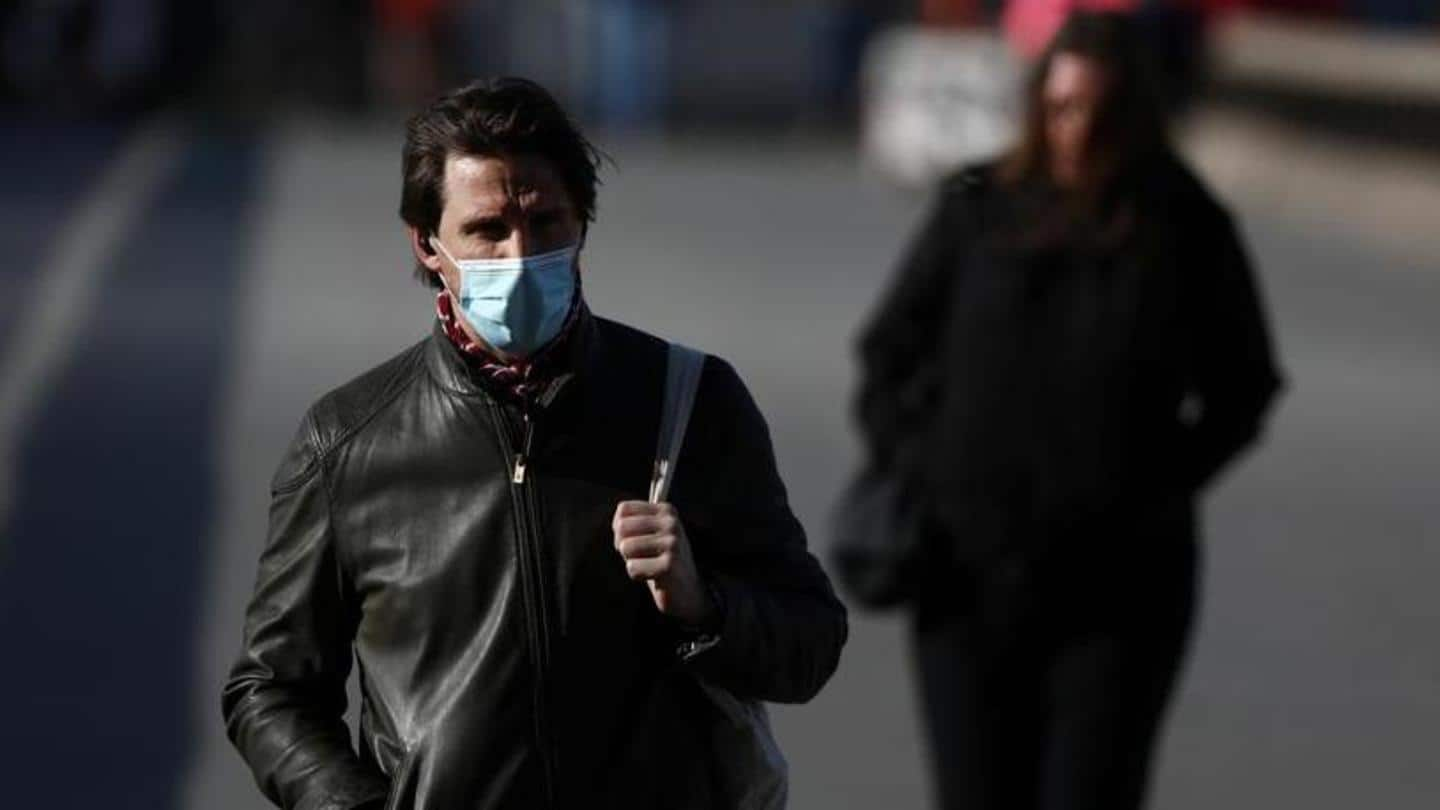
Israeli study finds link between coronavirus and Vitamin D levels
What's the story
A major study conducted by Israeli researchers has found a correlation between adequate levels of Vitamin D and the ability to fight off a coronavirus infection more quickly or effectively in people.
The study points to a long-speculated link between lower Vitamin D levels and high coronavirus infection risk.
However, critics cautioned broad conclusions, saying that other factors may be involved.
Study
Over 7,800 people involved in study
The study, newly peer-reviewed and published in The FEBS Journal, consisted of a research sample of 782 COVID-19 positive patients and 7,025 COVID-19 negative patients, who are members of Leumit Health Services, an Israeli health management organization (HMO).
According to The Times of Israel, the study compared those who tested negative with those who tested positive and hospitalized patients.
Results
Coronavirus-negative people had adequate Vitamin D levels
The study found that those who tested negative had adequate levels of Vitamin D (21ng/ml); below 20ng/ml is considered inadequate.
Those who tested positive had an average level of 19ng/ml of Vitamin D. Hospitalized patients had 17ng/ml of Vitamin D.
People aged 25-49 with low Vitamin D levels were 1.45 times more likely to be hospitalized and those over 50 were twice as likely.
Statement
Coronavirus lockdowns contributed to low Vitamin D levels: Researcher
Researcher Milana Frenkel-Morgenstern—the head of Bar Ilan University's Lab for the BioComputing of Complex Diseases—told The Times of Israel that she believes Vitamin D boosts the body's ability to fight infections but does not stop people from catching the infection.
She said that it's urgent that people boost their Vitamin D levels, adding that coronavirus lockdowns have contributed to low Vitamin D levels.
Information
Low Vitamin D levels are common worldwide
Low Vitamin D levels are quite common and an estimated billion people have Vitamin D deficiency while 50% of the global population has an insufficiency. Frenkel-Morgenstern said that around 70% of Israelis have low Vitamin D levels.
Deficiency
'Authorities should consider Vitamin D levels in future restrictions'
Frenkel-Morgenstern told the publication, "The problem now is people stay indoors or in cars all day, not going to beaches, do not have the sun exposure."
She suggested that authorities must now consider low Vitamin D levels when imposing lockdown restrictions and should avoid closing outdoor spaces such as nature reserves and beaches.
"People should go to the sun, to the sea," she said.
Criticism
Study's results could reflect other variables, say critics
However, Ella Sklan, Head of a Molecular Virology lab at Tel Aviv University, argued that while Vitamin D is good for the immune system, the study's results could reflect other variables.
Eugene Merzon, Leumit's Head of Managed Care, said the study stands up to scrutiny "even after adjustment for age, gender, socio-economic status, and chronic mental and physical disorders."